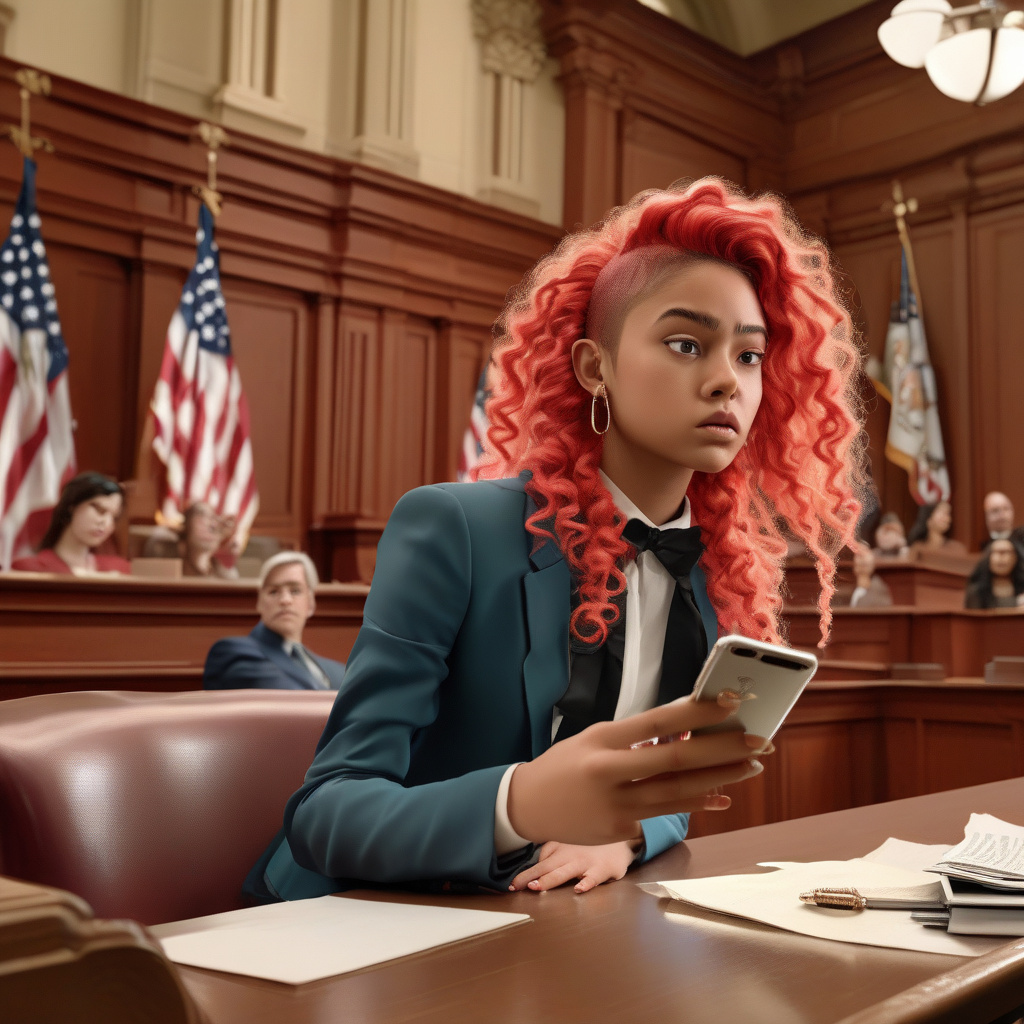In a recent turn of events blending the worlds of social media, gaming, and intellectual property rights, TikTok sensation Kelley Heyer has filed a lawsuit against the popular video game Roblox. The cause of the legal dispute? Heyer claims that Roblox featured her dance routine set to Charli XCX’s “Apple” without obtaining her permission.
The saga began back in June 2024 when Heyer first shared her infectious dance creation on TikTok. Fueled by the buzz surrounding Charli XCX’s chart-topping summer album, “Brat,” Heyer’s choreography quickly caught fire, captivating audiences across various social media platforms. The dance gained such momentum that even Charli XCX herself integrated it into her live performances, solidifying its status as a cultural phenomenon.
However, the plot thickened when Heyer discovered that her distinctive dance had made its way into the virtual realm of Roblox without any acknowledgment or consent. This unauthorized usage prompted Heyer to take legal action, citing copyright infringement and seeking rightful recognition and compensation for her creative work.
This case underscores the increasingly complex intersection of digital content creation, user-generated platforms, and the protection of intellectual property. As the boundaries between online realms blur, issues of ownership and attribution become paramount, with legal battles like Heyer’s shedding light on the challenges faced by content creators in the digital age.
The outcome of Heyer’s lawsuit against Roblox remains uncertain, but the implications reverberate beyond this specific incident. It serves as a reminder of the importance of respecting creators’ rights and ensuring proper accreditation in an era where content can easily transcend platforms and reach global audiences in a matter of seconds.
In the ever-evolving landscape of online creativity and expression, this case serves as a cautionary tale for both content creators and digital platforms alike. It highlights the need for clear guidelines, ethical practices, and legal safeguards to protect the integrity of creative works and uphold the rights of those who bring them to life.
As the story of Kelley Heyer’s legal battle continues to unfold, it prompts us to reflect on the broader implications for the digital ecosystem as a whole. How we navigate the delicate balance between innovation, inspiration, and intellectual property will shape the future landscape of online content creation and consumption.
Ultimately, this case underscores the importance of fostering a culture of respect, collaboration, and accountability in the digital realm. By upholding ethical standards, honoring creative contributions, and valuing the rights of content creators, we can cultivate a more equitable and sustainable environment for innovation and artistic expression to thrive.

